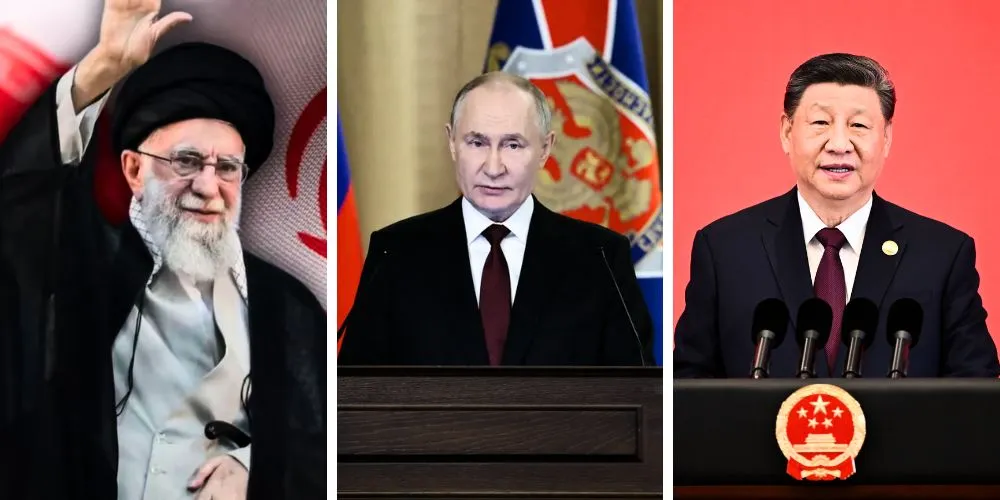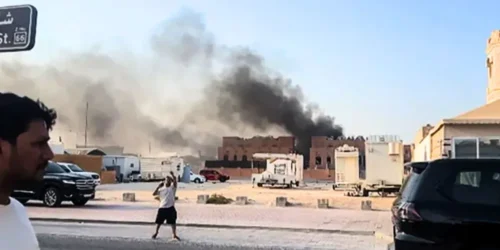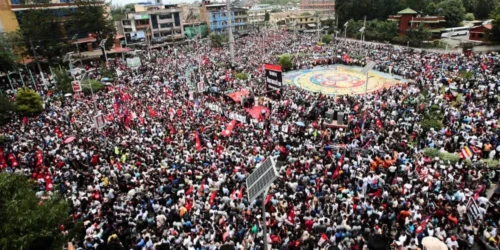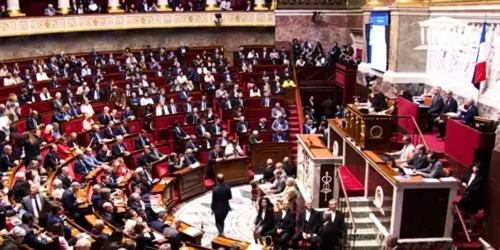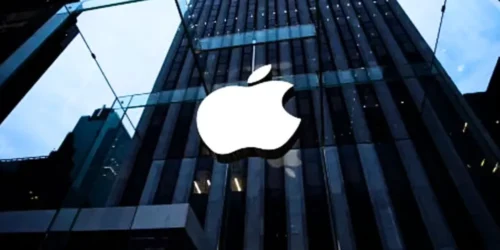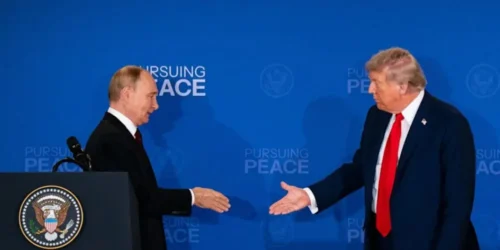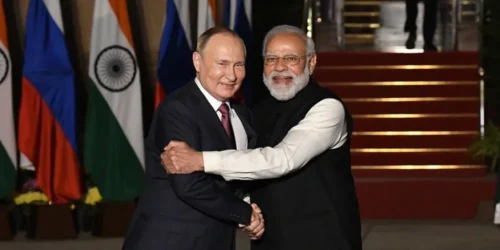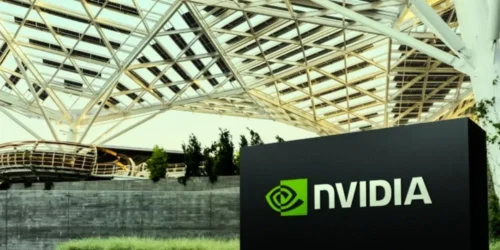When Israel and the United States struck Iran this month, the world watched for the reaction from its powerful partners, China and Russia. Instead of fiery condemnation and military support, Beijing and Moscow offered a surprisingly muted response, revealing the pragmatic limits of their so-called anti-American alliance.
Rather than rushing to Iran’s aid, China’s primary message was one of caution. Foreign Minister Wang Yi called for diplomacy rather than blame, and President Xi Jinping urged “de-escalation.” Beijing even issued a veiled warning to Iran against closing the Strait of Hormuz, emphasizing its importance for global trade.
This cautious stance underscores a simple reality: China prioritizes its economic stability and its vast trading relationships with the West over a risky confrontation in the Middle East.
This incident reveals that the alliance between China, Russia, and Iran is largely one of convenience rather than a shared conviction. The partnerships are deeply asymmetric. Iran and Russia are far more dependent on China for economic lifelines—such as oil sales and technology—than China is on them. China’s economy dwarfs both, and its interests are global.
For the West, this is a source of cautious optimism. It suggests the much-hyped “no limits” partnership between Russia and China is not an unbreakable bond. Beijing will utilize its allies to challenge the U.S., but it appears unwilling to bail them out if doing so would jeopardize its own economic and strategic interests.

